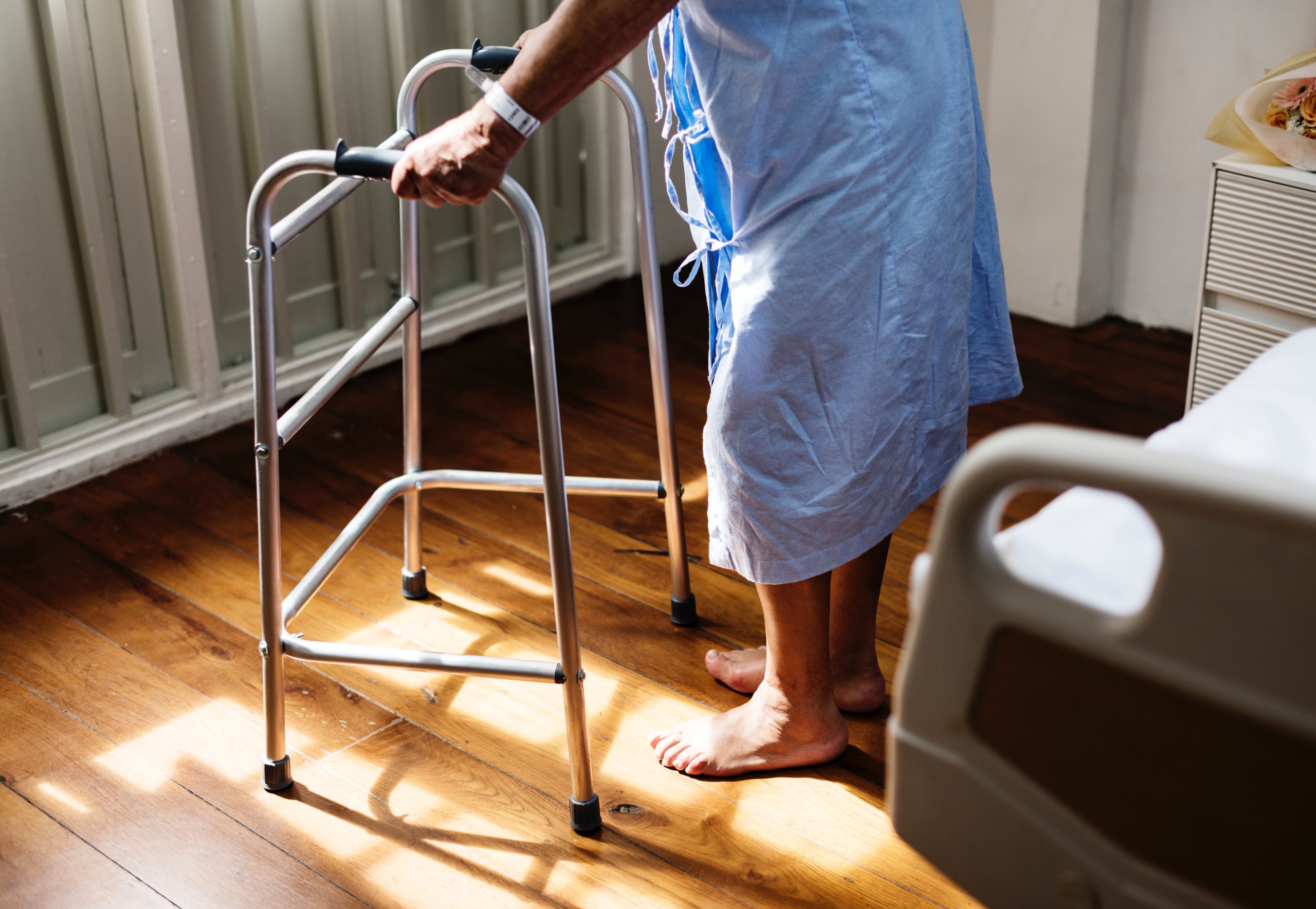By Donna Mischke, Director of Family Services at Concierge Care Advisors
Senior Safety Tips and Innovative Solutions
Falls remain one of the leading causes of injury and death among seniors. According to the AARP, fall-related deaths are increasing dramatically among adults aged 65 and older. The National Council on Aging reports that every 11 seconds, a senior is treated in an emergency room for a fall, and every 19 minutes, a senior dies as a result of a fall.
As seniors age, the risk of falling increases due to factors such as chronic illnesses like arthritis, Parkinson’s, and dementia. The consequences of falls are severe—hip fractures, prolonged hospital stays, and, tragically, a high risk of mortality. The good news is that many falls can be prevented with proactive measures and emerging technologies like SeniorLife.AI.
Steps to Reduce the Risk of Falling
1. Declutter and Secure the Home
- Remove tripping hazards like cords, rugs, and clutter.
- Use non-slip mats in the bathroom and kitchen.
- Secure loose items with tape or fasteners.
2. Wear Supportive Shoes
- Always wear non-skid, supportive shoes, even indoors.
- Avoid walking in socks or stockings that can slip on smooth floors.
3. Keep Vision in Check
- Schedule yearly eye exams to ensure glasses are effective.
- Address any vision changes promptly.
4. Review Medications with Your Doctor
- Discuss any medications that may cause dizziness, drowsiness, or other side effects.
- Consider taking these medications before bed to minimize daytime risks.
5. Upgrade Home Safety Features
- Install handrails in bathrooms and along staircases.
- Improve lighting, especially in stairways and hallways, and use nightlights in bedrooms and bathrooms.
- Keep a flashlight or backup light source handy for emergencies.
6. Exercise Safely
- Focus on balance and strength-building exercises.
- Consider working with a physical therapist or exercising in supervised settings.
7. Communicate with Your Doctor
- Share concerns about joint pain, dizziness, or shortness of breath.
- Ask about conditions that may increase fall risk and develop a plan to address them.
8. Use Assistive Devices
- Utilize canes or walkers if needed to maintain stability.
- Ensure the devices are fitted correctly and used consistently.
9. Keep Essentials Within Reach
- Store frequently used items like dishes, clothes, and food at waist level to avoid bending or reaching.
How SeniorLife.AI Can Revolutionize Fall Prevention
While these practical steps are essential, integrating technology like SeniorLife.AI adds an innovative layer of fall prevention and safety.
- Fall Risk Assessments: SeniorLife.AI uses Vision AI technology to provide fast, accurate fall risk evaluations in just 10-20 seconds.
- Personalized Care Plans: The system generates tailored recommendations to address specific mobility concerns.
- Data-Driven Insights: By analyzing movement patterns, SeniorLife.AI helps caregivers implement strategies to prevent falls before they happen.
This FDA-approved, HIPAA-compliant platform is a game-changer for seniors, caregivers, and healthcare professionals. It bridges the gap between independence and safety, offering peace of mind for everyone involved.
Proactive Steps to Prevent a Fall
Falls are a serious concern for seniors, but with a combination of proactive measures and advanced technologies like SeniorLife.AI, the risks can be significantly reduced. From decluttering homes and upgrading safety features to using cutting-edge fall detection and prevention systems, caregivers and seniors have more tools than ever to stay safe.
If you’re concerned about a loved one’s fall risk or want to learn more about how SeniorLife.AI can help, Concierge Care Advisors is here to guide you.
Contact us today to explore solutions tailored to your family’s needs.

























